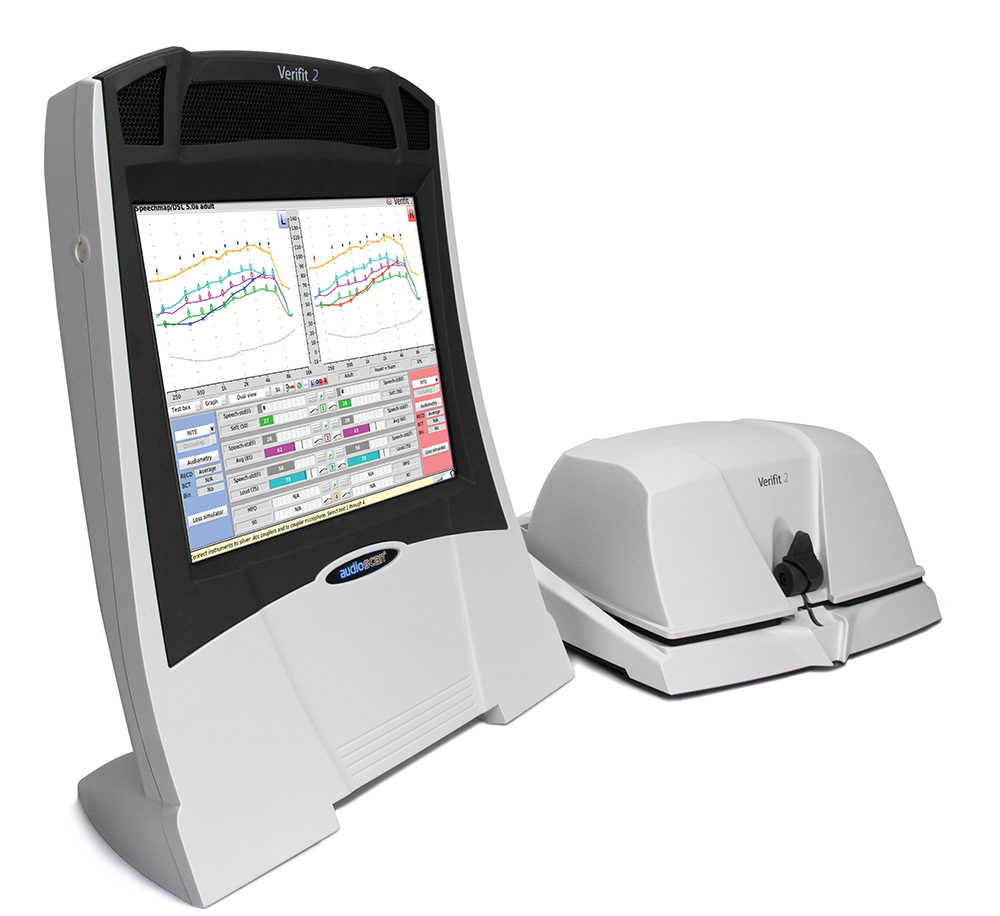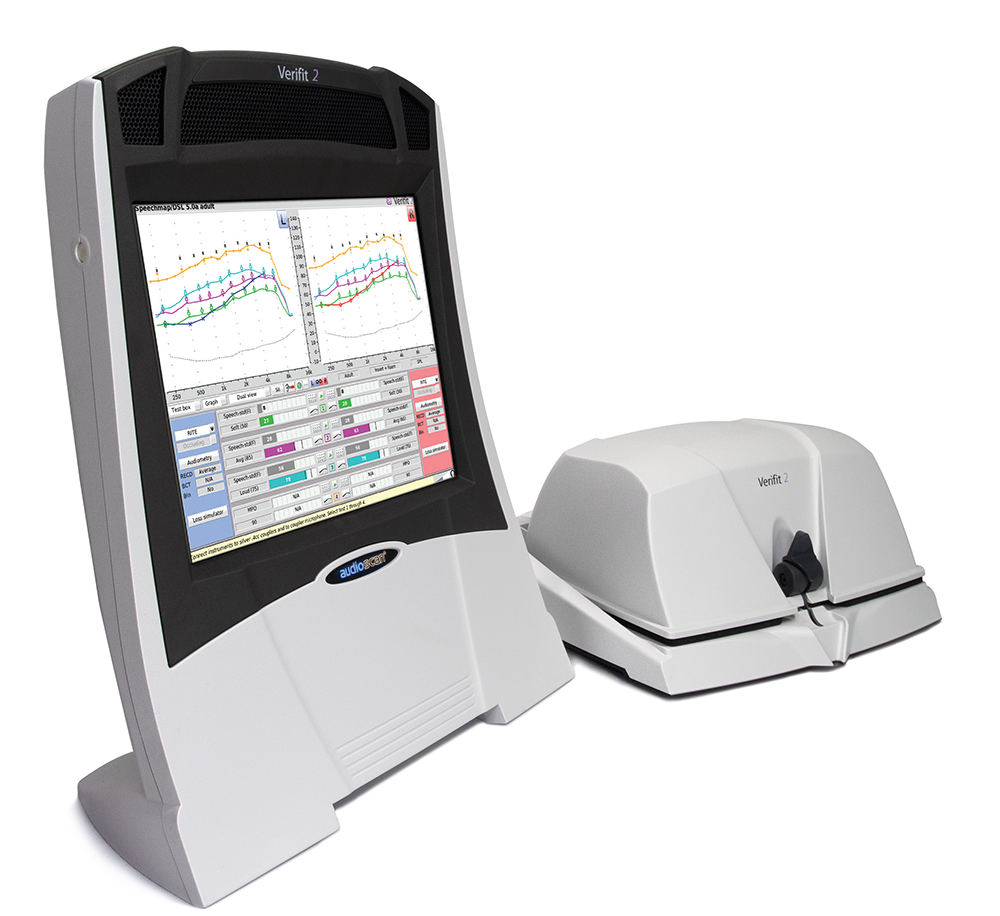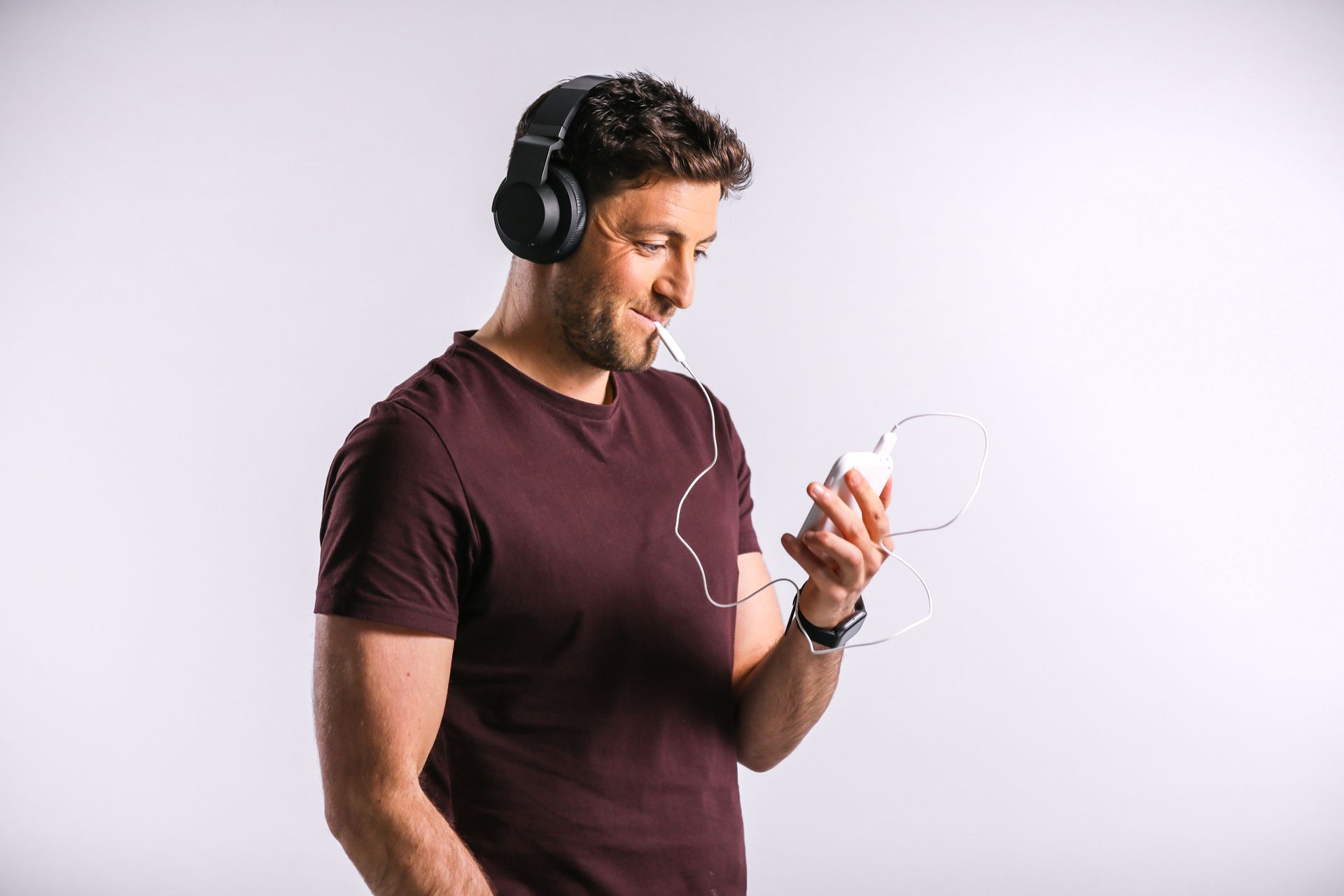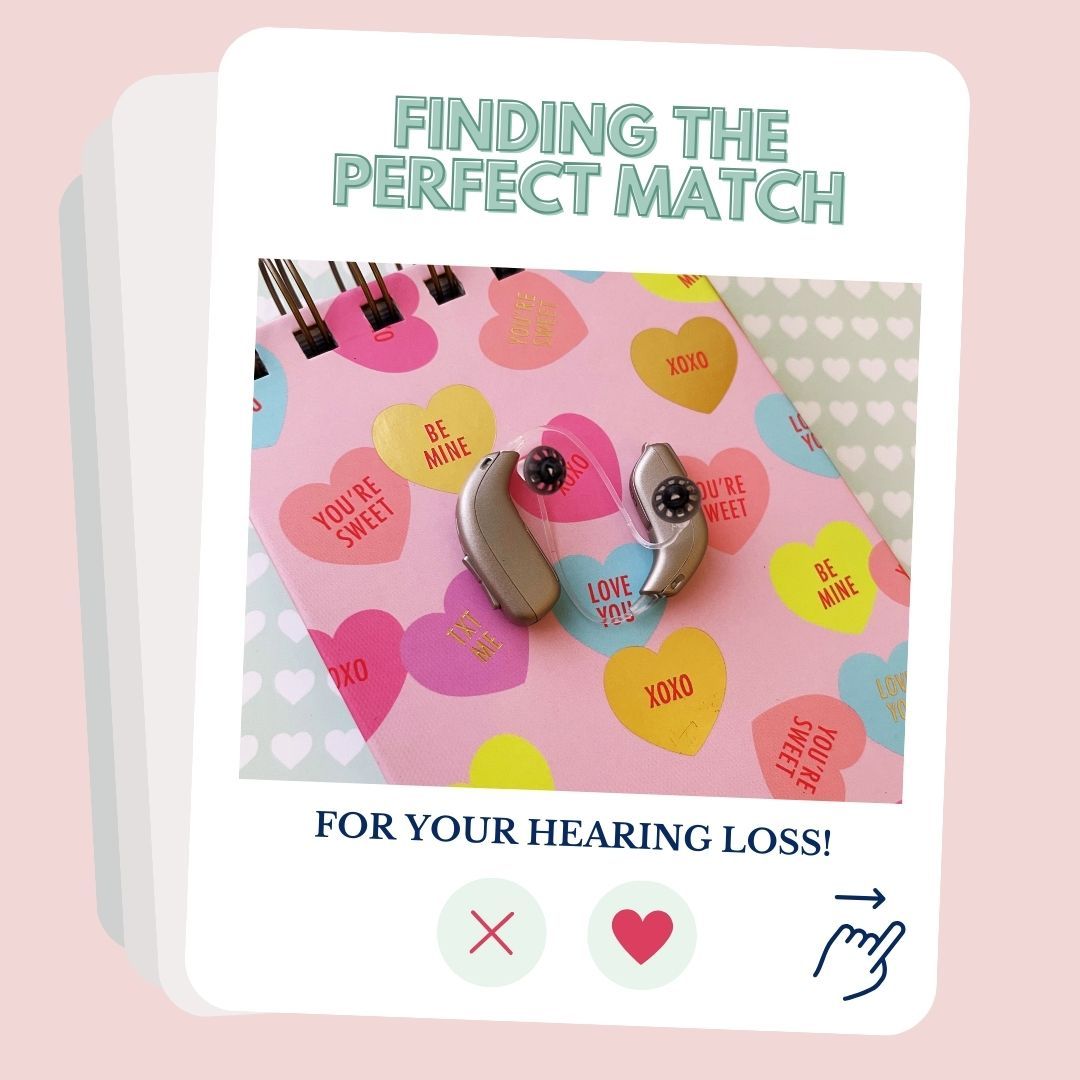Budgeting for Your Hearing Aids: Weighing Over the Counter Options vs. Prescription

Trying to budget and save money in the new year is an extremely popular goal. Most of us are looking for ways to cut costs, especially now. If this is something you’ve been thinking about — and you’re someone who will need to purchase hearing aids this year — you might be wondering if switching to an over-the-counter option is a viable option.
Now, we are not against over-the-counter hearing aids. They’re a great option for certain people with certain needs. However, they are not going to be the best choice for everyone. When you are looking at options, your budget matters (of course), but so does your quality of life. If an over-the-counter option isn’t going to address your specific hearing issues, it isn’t a good option, plain and simple. So, let’s go over each option together so you can start planning!
Over the Counter Hearing Aids
As you probably heard, hearing aids are now being offered over the counter at places like Walmart, Costco, and Walgreens, to name a few. This is great news for a lot of people, but we still like to educate our patients about some of the potential drawbacks, as well as the benefits!
Over the Counter Pros:
● There is typically a cost savings when purchasing an over-the-counter hearing aid, as long as you are someone with mild or moderate hearing loss.
● There’s no appointment needed; you can set up your hearing aids at home after watching a tutorial or hopping on a video call with customer support.
● For many of these over-the-counter options, there is an app you can download that will help you make adjustments to the hearing aids as needed.
Over the Counter Cons:
● Many of these devices do not have a loss or damage warranty, and if you want to make a return, you will likely have to cover the shipping costs out of pocket.
● Over the counter hearing aids are not going to work with all types of hearing loss. Additionally, they do not come with programs for tinnitus therapy.
● It can take three to four weeks to properly adjust a hearing aid, and this can be a confusing process to go through without the help of an audiologist.
● As mentioned above, some of these devices require a smartphone to operate it. Some have batteries that will need to be replaced (at an additional cost).
Prescription Pros:
● Most audiologists will include a two-year loss and/or damage warranty with every hearing aid fitting, which is great for added peace of mind.
● During your routine hearing evaluation, you will also be screened for any inner ear diseases that would warrant medical attention before the fitting of a hearing aid.
● The lifespan of prescription hearing aids is longer. Your hearing aid, with proper care, can last 5-7 years, which is an important consideration when budgeting.
● Most prescription fit hearing aid technology comes with tinnitus retraining therapy, which isn’t something that is currently offered over the counter.
Prescription Cons:
● You must schedule an appointment for a routine hearing evaluation, and then come back in for follow-up appointments to make sure you have a good fit.
● Depending on the type of hearing loss you have, you may not be able to leave with a hearing aid the same day as your hearing test.
● They cost more, and unfortunately, health insurance doesn’t typically cover the cost of hearing aids (both prescription and over the counter options).
As you can see, there is a lot to consider when budgeting for hearing aids. If you have mild to moderate hearing loss (no tinnitus) and you feel confident going through the steps to set it up and adjust it as needed, the over-the-counter options might be great for you.
If you’re someone with more severe hearing loss or tinnitus, you may want to work with an audiologist to ensure you end up with a device that is going to work for you. Even if you save money up front, it’s not a good investment if you aren't getting the desired outcome.
Of course, we are here to help you decide! You might think that we’re always going to tell you to come in and work with us, but that isn’t the case. If we think an over-the-counter hearing aid will meet all your needs, we will tell you that. We just want you to feel your best, and if we can save you a little bit of money at the same time, we’re happy to do that. Feel free to contact us at 480- 831-6159 if you would like to discuss your options!

















